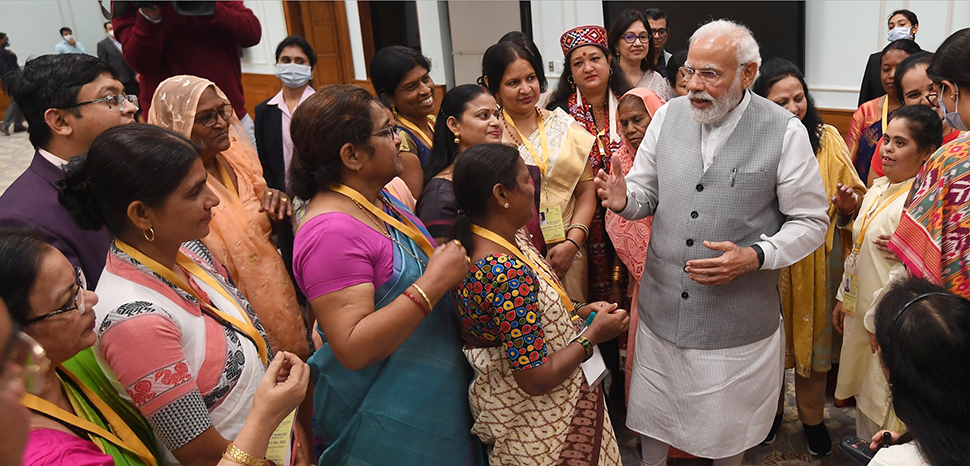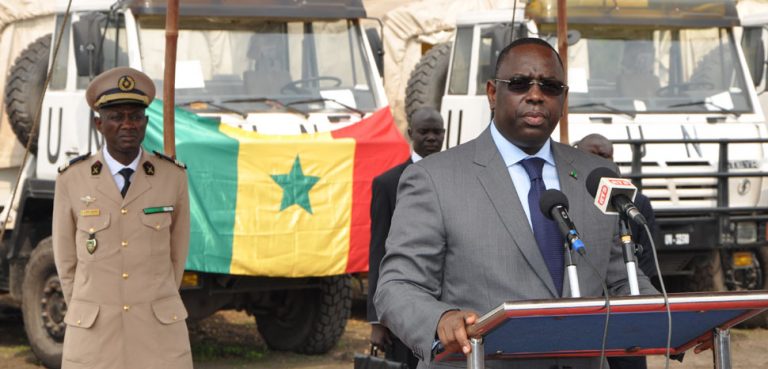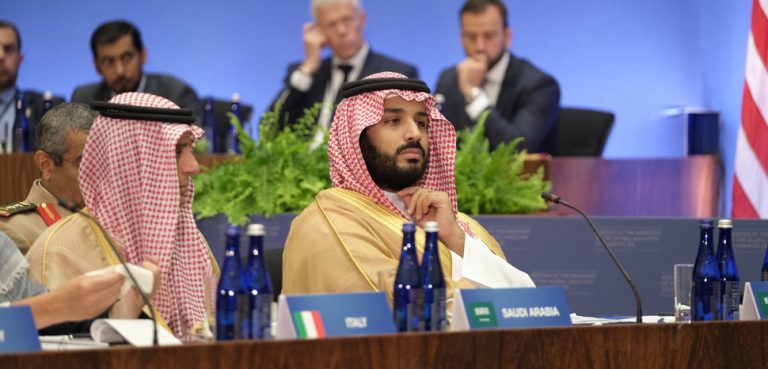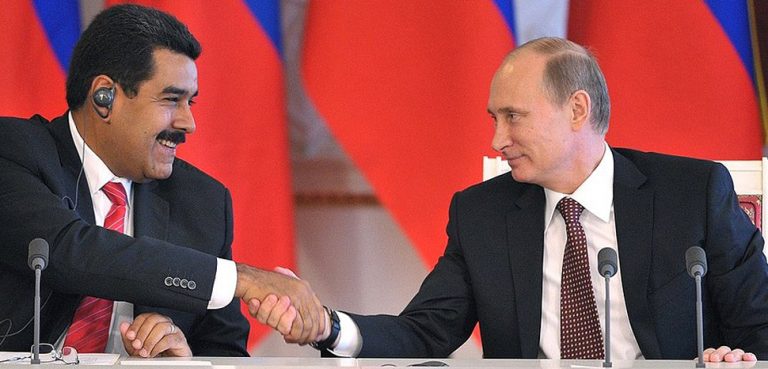In the global chessboard of geopolitics, rare earth elements (REEs) are the new power pieces. Their strategic importance continues to escalate, especially for nations like India with a burgeoning technology sector. This is underscored by the Indian government’s recent unveiling of a list of 30 critical minerals integral to national security and active efforts to establish a domestic semiconductor manufacturing plant. Essential to hi-tech and renewable energy industries, REEs’ dominance by China—which controls over 80-90% of the global market—poses a significant challenge, leaving nations like India in an uncomfortable position of dependence on their eastern neighbor.
Africa – the sleeping giant of REE reserves – remains largely underexplored. Its rich REE deposits in countries like Burundi and Tanzania wait in the wings due to lack of technology and investment. However, the narrative is rapidly changing with China weaving its intricate web of influence in Africa’s REE sector. Yet China’s largesse comes with a price. Its notorious “debt-trap diplomacy” ensnares economically vulnerable nations into an unending cycle of debt, exemplified by Zambia, Djibouti, and Angola.
In stark contrast to China, India has always aimed to pursue a non-extractive and sustainable approach in all its engagements. India’s External Affairs Minister, S. Jaishankar, recently reaffirmed India’s non-expansionist and inclusive approach towards Africa. Thus, India, not China, at least over the longer term, clearly emerges as the preferred partner for Africa, setting the stage for a strategic repositioning of India’s influence in the continent.
The Winning Factor
An underappreciated facet of India’s connection with Africa is the vibrant Indian diaspora, which numbers over 3 million. Integrated into Africa’s socioeconomic fabric, the Indian diaspora has proven its mettle in the trade, manufacturing, and services sectors. This network, with its deep-rooted ties and understanding of local contexts, could be the catalyst for India’s enhanced engagement with the African REE sector.
History, as it often does, offers lessons on how diasporas can contribute to their home countries’ economic prosperity and strategic security. The Chinese diaspora, for instance, has been a driving force behind approximately 70% of China’s direct investment in Southeast Asia. Likewise, the Jewish diaspora annually remits approximately $3.8 billion to Israel. It’s evident that diasporas can significantly contribute to their home economies and strategic security, and India’s diaspora in Africa is no exception. The task for India, then, is to draw upon this playbook and empower its diaspora in Africa to help safeguard its REE interests.
Yet, India’s outreach to its African diaspora remains lackluster. This needs a strategic overhaul. The recent discussions between India’s minister for commerce and industry, Piyush Goyal, and ambassadors from 15 African nations, signify a promising departure from the status quo. India’s willingness to negotiate free trade agreements with African nations demonstrates an assertive stance, but this is not enough.
India’s bilateral trade with Africa, which stood at USD 74.86 billion in 2021-22 and comprised mostly of agribusiness, petroleum products, and pharmaceuticals, needs a new direction. A strategic shift towards the untapped REE sector in Africa is overdue. To achieve this, India needs to incentivize its diaspora, extending concrete benefits like tax breaks, low-interest loans, and investment guarantees (to address concerns over political and economic instability). In addition to financial incentives, the Indian government can establish a bilateral business council that would work to facilitate investment in the REE sector by the Indian diaspora. Moreover, they could negotiate agreements with African governments to ensure legal and logistical support for Indian businesses looking to venture into the mining sector. For instance, these agreements could focus on ensuring fair or even subsidized taxation, protecting investments, and providing mining rights.
However, the diaspora-centric approach isn’t merely about hard incentives. It also calls for soft power initiatives that fortify cultural bonds and foster mutual understanding. India needs to invest in cultural exchanges, educational collaborations, and research partnerships with African nations, strengthening the foundation for a long-term strategic relationship.
India’s Africa policy is undoubtedly progressing, but the need for a more robust, diaspora-centric strategy is palpable. Leveraging the diaspora not only secures India’s strategic interests in the global REE landscape but also presents a sustainable alternative to China’s expansionist tendencies. By nurturing relationships that foster inclusive growth and job creation, India can cement its position as a reliable partner to Africa.
In conclusion, a strategic reshaping of India’s Africa policy is in order. The Indian diaspora in Africa isn’t just a demographic statistic; it’s a vital strategic asset. Tapping into this resource can unlock new avenues for India’s engagement in Africa’s REE sector, creating a win-win scenario that promotes economic prosperity, job creation, and strategic security.
The views expressed in this article belong to the authors alone and do not necessarily reflect those of Geopoliticalmonitor.com.




